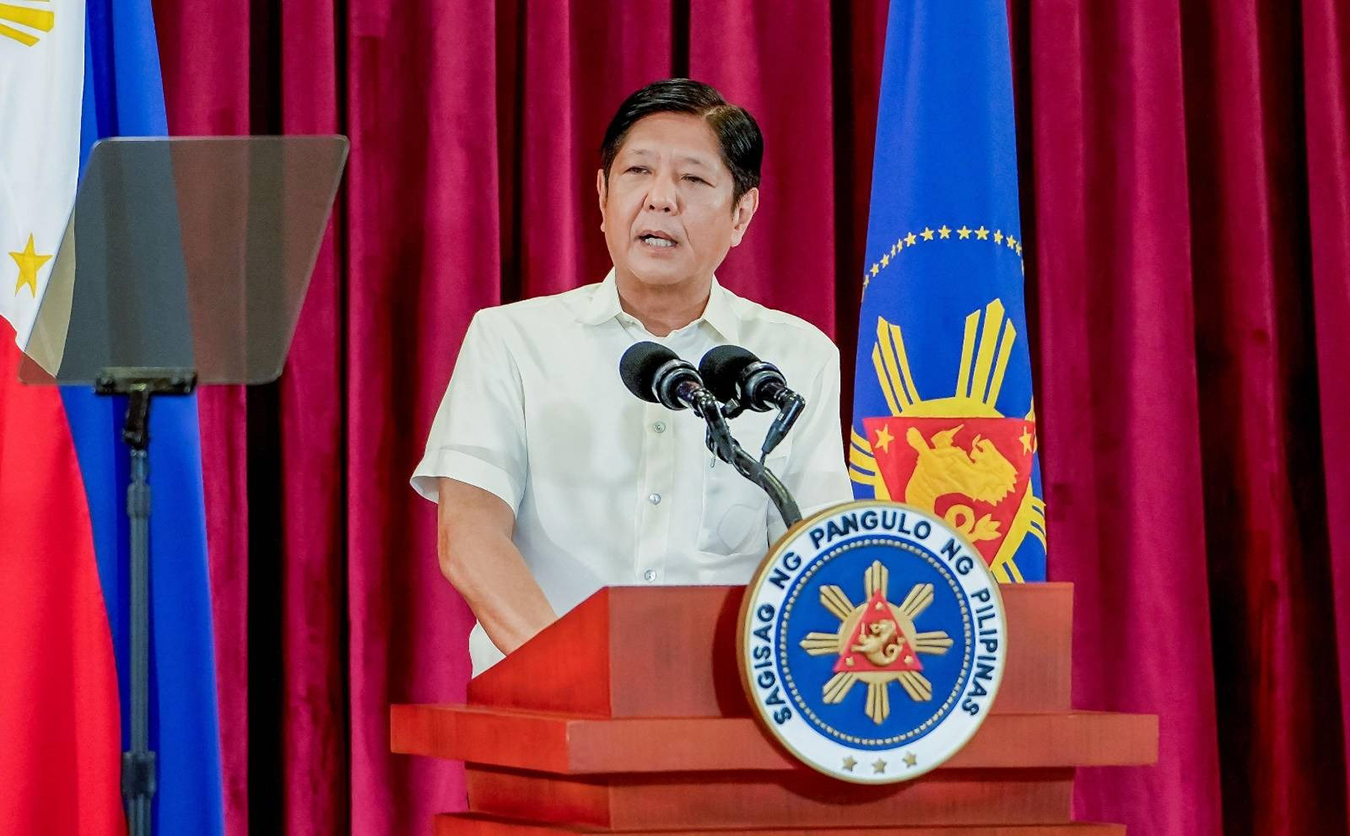
Presidential Communications Office
President Ferdinand R. Marcos Jr. approved the proposal of the Department of Health (DOH) on Tuesday to create a coordinating council that will oversee the implementation of the Universal Health Care (UHC) Act in the country.
“The President approved the Department of Health’s proposal of creating a Universal Health Care Coordinating Council through an executive order,” Health Secretary Teodoro Herbosa announced in a press briefing in Malacañang.
“We will standardize the health policies. The council will serve as a national governance body that will oversee the implementation of Universal Health Care Act nationwide, the project and estimate total national cost for UHC and also implementation of the Universal Health Care at local government level. It will serve as the venue to discuss relevant concerns that might be raised during the implementation of UHC,” Herbosa said.
DOH will serve as the council chair and the Department of the Interior and Local Government (DILG) will serve as the co-chair, according to Herbosa.
Herbosa said the council will be composed of the Department of Information and Communications Technology (DICT); Department of Budget and Management (DBM); Department of Finance (DOF), Philippine Health Insurance Corp. (PhilHealth), Professional Regulation Commission (PRC), National Economic and Development Authority (NEDA), and probably the Technical Education and Skills Development Authority (TESDA), Commission on Higher Education (CHED), and Department of Education (DepEd).
Herbosa further noted that the President instructed the DILG to expedite the review of Executive Order No. 138 on the implementation of the Supreme Court ruling on the Mandanas-Garcia petitions and incorporate some of these to the Universal Health Care financing reforms in the amendments.
During the sectoral meeting, the Health department presented updates on the UHC Act of 2019.
“The UHC law was enacted in February 2019 and the vision was progressive realization that can be achieved through a systems approach, clear road delineation of stakeholders and ensure equitable access and affordable healthcare and protection without financial risk,” Herbosa said.
“To give a background, we had once a very highly-centralized healthcare system – this was devolved because of the Local Government Code of 1991. The DOH maintained this role as steward of national policies, plans, standards and regulations but healthcare now is delivered in a fragmented system of more than a thousand LGUs. Under the Universal Health Care Act, the DOH, the DILG, PhilHealth and the local government units will endeavor to integrate and that’s the keyword ‘no – integrate into province and citywide health systems,” he added.
According to Herbosa, after the law was passed, 71 LGUs have committed to integrate their local health systems.
“These were called Universal Health Care Integration Sites and consistent of 59 provinces and 12 highly-urbanized cities or about 66 or 93% of those that initiated preparations for integration and are gearing for full, functional implementation of the integration plans and access to an integrated health system by its constituents,” Herbosa noted.
Starting this year, Herbosa said five UHC integration sites have been engaged to become primary care provider network sandbox or trials or pilots. These sites are in Baguio, Bataan, Quezon, Guimaras, and South Cotabato.
“And these networks, we contracted them and they are being piloted as a test run for this network healthcare systems,” he said.
Herbosa further noted that there are additional healthcare provider networks with packages for additional payment mechanisms next year.
“Since the provincial or city health boards will be managing this citywide or province-wide health system, it is important that members of the health boards, particularly governors or mayors as chair are provided the necessary capacity to manage local health systems,” he said. PND
